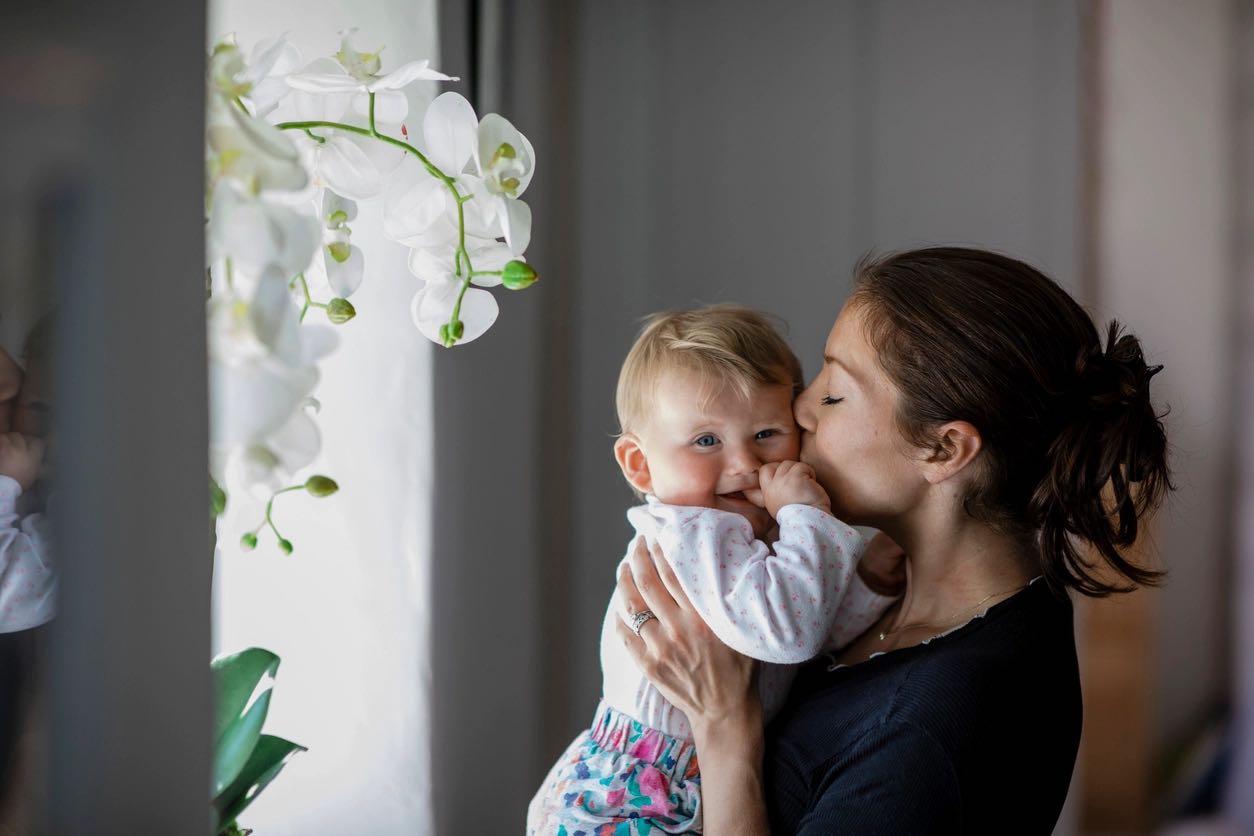Parenting – and indeed any talk of family life – has long been taboo in government. Nothing highlighted this more starkly than the civil service’s practice of referring to parents and children as ‘service users’. This has recently been the subject of a report by the Children’s Commissioner for England, who has urged Whitehall to get to grips with parenting and scrap the phrase, along with any other ‘technocratic’ jargon.
This is all well and good, but Dame Rachel de Souza should start by pushing the Chancellor to do something about the grossly anti-family tax system. The UK tax system unfairly judges parents – mostly mothers – who want to stay at home and look after children rather than spend their life as a workhorse in an office.
Eight in ten mothers of children below school age want the tax system to help them spend more time with their children, rather than being pushed into work. Not that anyone listens. Dame Rachel de Souza is one of four Children’s Commissioners across the UK – but there’s no Whitehall bigwig for parents.
The number of stay-at-home mums is falling fast: only about one in seven mothers with children under ten has given work the boot to care for their child full-time. When the boomer generation had children, staying at home was the norm. Some would see this as progress – and maybe it is – but the fact remains that most mothers say they would rather work a lot less to spend time with their children. Our tax system takes a different view.
Most mothers say they would rather work a lot less to spend time with their children
We’re constantly told not to ‘judge’ different family types, but the state is not neutral, with single-earner couples heavily penalised for taking time away from the workforce to look after children. The UK tax system is based on individuals, rather than households or families. This puts single-earner couples, where one partner works and another takes on caring responsibilities, at a significant disadvantage.
When former chancellor Nigel Lawson introduced personal taxation into the UK in the mid-1980s, he also intended for a transferable tax allowance to remain part of the UK tax system to address discrepancies created through individual taxation. These plans never materialised.
As a society, we’ve been ignoring mothers for well over 30 years. As a society, we’ve pushed the simple message that work is good and looking after your children is bad. It’s no wonder so many parents are fed up with the system.
A recent analysis conducted by the Policy Exchange thinktank showed that a single-earner family – which usually include stay-at-home mums – with a household income of £70,000 would pay £8,000 per year more in income tax and National Insurance contributions than the equivalent dual-earner household. And a single-earner household would need to earn an additional £13,681 to accrue the same disposable income as a dual-earner family where both earn £35,000 per annum.
Jeremy Hunt might be distracted by the urgent need to plug the gap in public spending and tackle our debt mountain, but a more fundamental reform of our tax system is badly needed.
During their short stint leading Britain, Kwasi Kwarteng and Liz Truss were planning big changes to the way we tax families. Had they stuck around, they were set to announce plans for a big shake-up of the tax system, giving couples the right to transfer up to 100 per cent of their personal tax allowance. This would’ve handed a £2,500 boost to household finances for couples where one worked and another stayed at home to look after children or elderly relatives. But it was never to be.
A better way to deal with this problem is to look to Germany. There, families benefit from ‘income splitting’, where ‘the tax of a married couple is determined by taxing half of their combined incomes and then doubling the amount to result in the total tax payable’.
The same couple, with a single £70,000 income and a full-time stay-at-home parent, would pay about half the tax of their British equivalent through income splitting. In Germany, this scheme means that households pay approximately the same amount of tax, regardless of how income is split between the individuals within it. If the UK adopted an incoming splitting model, single-earner households would reap significant financial benefits.
Every Budget seems to make life a little bit harder for families, especially where one parent takes on the role of raising children full-time. But after the next Budget, set for 15 March, we will, most likely, once again overlook the fundamental injustices contained within a tax system that discriminates against families and stay-at-home mums. Income splitting would go some way to removing the bias against family life and parents.
One day, perhaps a future chancellor might get a grip of our discriminatory tax system. But for now, we can dream of a fairer world for families.







Comments